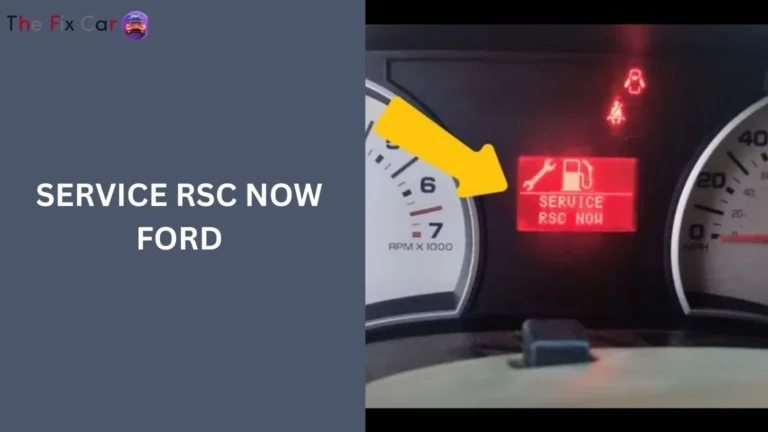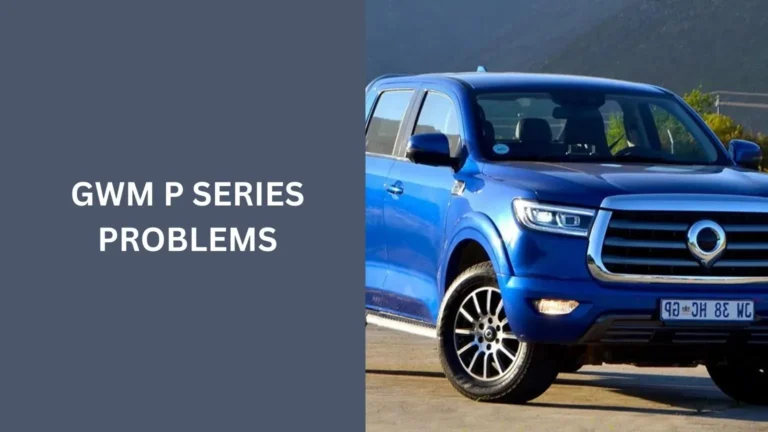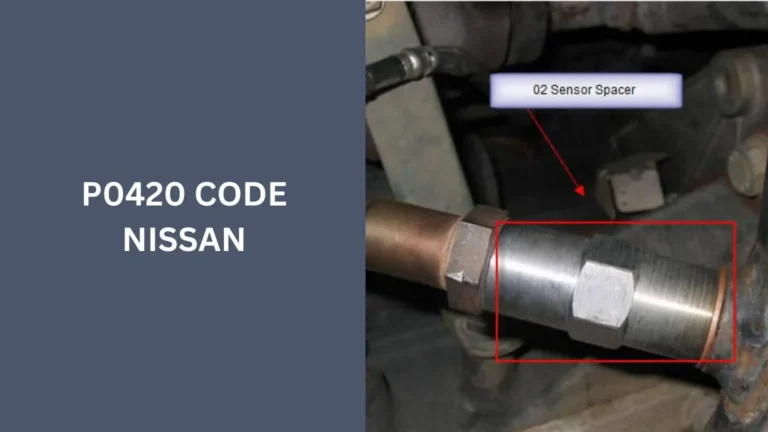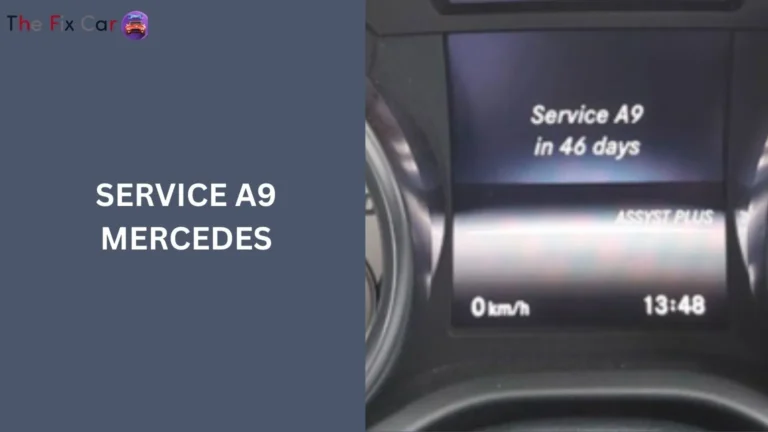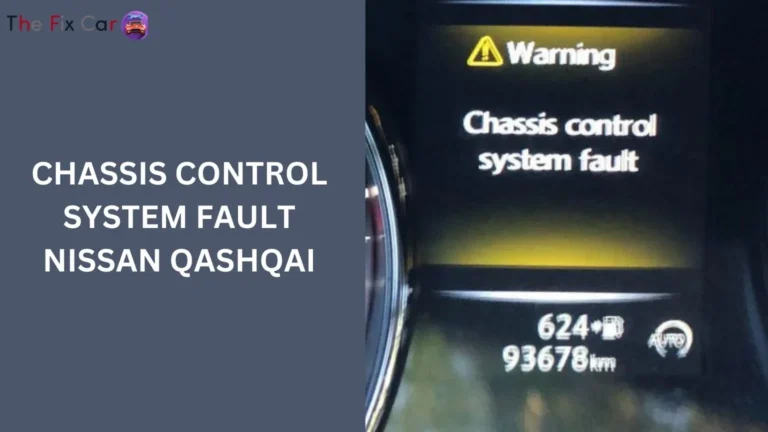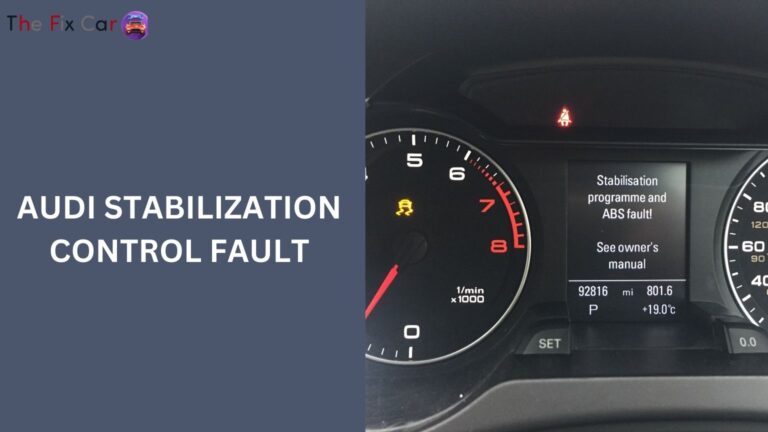Renault Braking System Fault: Mean, Causes & Solutions
The braking system is one of the most crucial components of any vehicle, and when it fails, it can be both dangerous and stressful.
If you’re experiencing issues with your Renault’s braking system, understanding the potential causes, symptoms, and solutions can help you address the problem efficiently.
In this article, we’ll delve into everything you need to know about Renault braking system faults.
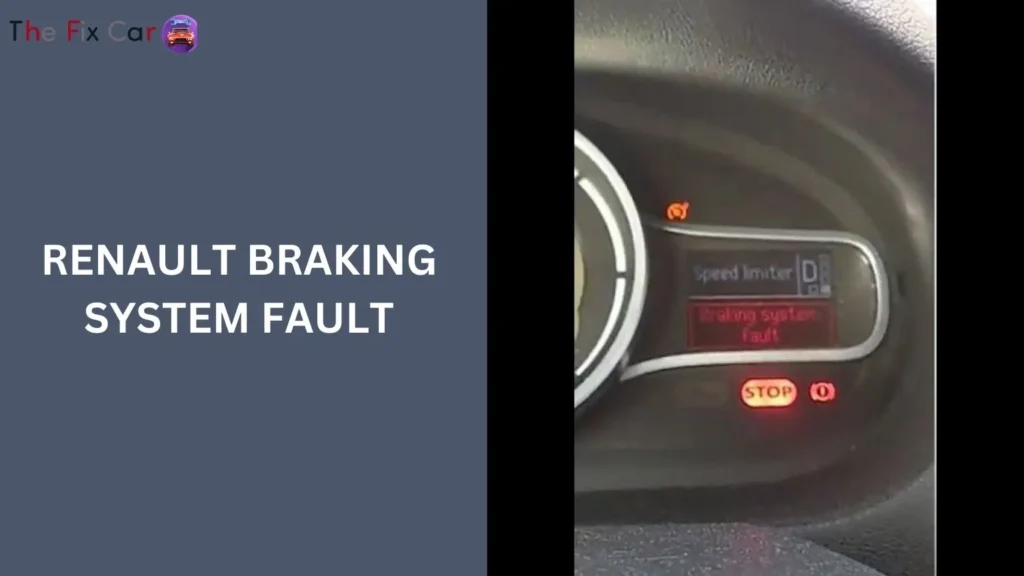
Understanding Renault Braking System Faults
When it comes to vehicle safety, the braking system plays a vital role. For Renault vehicles, like any other, the braking system’s reliability is crucial.
Faults in this system can range from minor issues to severe problems that impact your vehicle’s safety. Let’s break down the key aspects of understanding Renault’s braking system faults.
What Is the Renault Braking System?
The Renault braking system is designed to ensure the safety and control of your vehicle. It consists of several components, including:
- Brake Pads: These create friction against the brake discs to slow down or stop the vehicle.
- Brake Discs: These are the metal discs that the brake pads press against.
- Brake Calipers: These house the brake pads and are responsible for squeezing them against the discs.
- Brake Lines and Hoses: These carry brake fluid from the master cylinder to the calipers.
- Master Cylinder: This converts the force from the brake pedal into hydraulic pressure.
Common Renault Braking System Faults
- Soft or Spongy Brake Pedal: If the brake pedal feels soft or spongy, it might indicate air in the brake lines or a problem with the brake fluid.
- Squeaking or Grinding Noise: Unusual noises when braking can suggest worn brake pads or damaged brake discs.
- Brake Warning Light: This light on the dashboard indicates that there’s a fault within the braking system.
- Vibrations When Braking: Vibrations can be a sign of warped brake discs or other issues with the braking components.
- Pulling to One Side: If your Renault pulls to one side when braking, it could be due to uneven brake pad wear or a brake caliper issue.
Diagnosing Renault Braking System Faults
Proper diagnosis of braking system faults is crucial for ensuring the safety and reliability of your Renault vehicle. Here’s a detailed guide on how to identify and address common braking issues.
Step 1: Check the Brake Fluid
Low or contaminated brake fluid can lead to various braking issues. Ensure that the brake fluid level is adequate and that the fluid is clean.
Step 2: Inspect the Brake Pads and Discs
Examine the condition of the brake pads and discs. Look for signs of wear, such as thin brake pads or grooved discs.
Step 3: Test the Brake Pedal
Press the brake pedal to check for firmness. A spongy pedal might suggest air in the brake lines, while a hard pedal can indicate other issues.
Step 4: Look for Warning Lights
Check your dashboard for any brake warning lights. If the light is on, there could be a fault in the system that needs professional attention.
Solutions for Renault Braking System Faults
Addressing issues with your Renault’s braking system promptly is essential for maintaining vehicle safety and performance. Here’s a comprehensive guide on solutions for common braking system faults:
Regular Maintenance
To prevent braking issues, regular maintenance is essential. This includes:
- Replacing Brake Pads: Change brake pads as they wear out to maintain effective braking performance.
- Flushing Brake Fluid: Replace old brake fluid to ensure smooth and reliable braking.
- Checking Brake Discs: Regularly inspect brake discs for wear and tear and replace them if necessary.
Professional Inspection
If you’re experiencing persistent braking issues, it’s best to consult a professional mechanic. They can perform a thorough inspection and identify the root cause of the problem.
Addressing Common Issues
- Soft Brake Pedal: Bleed the brakes to remove air from the system and check for any leaks.
- Squeaking Noises: Replace worn brake pads and check for any debris between the pads and discs.
- Vibrations: Resurface or replace warped brake discs to eliminate vibrations.
People also ask
What does it mean when it says braking system fault?
When your vehicle displays a “braking system fault” message, it indicates there’s an issue with the braking system that could compromise safety.
This warning could be due to problems such as low brake fluid, worn brake pads, damaged brake discs, or a malfunctioning component like the master cylinder.
It’s essential to address this warning immediately by having your brakes inspected and repaired by a professional to ensure your vehicle remains safe to drive.
What is the braking system fault warning on a Renault?
The “braking system fault” warning on a Renault indicates a problem with the vehicle’s braking system.
This alert may signal issues such as low brake fluid, worn brake pads, faulty sensors, or problems with the brake lines or calipers.
It’s crucial to address this warning promptly by having your braking system inspected and repaired to ensure safe driving.
Can I drive with a braking system fault?
Driving with a braking system fault is not safe. It can severely impact your ability to stop or control the vehicle, increasing the risk of an accident.
It’s essential to have the issue inspected and repaired immediately to ensure your safety.
What are the faults in the braking system?
Common faults in the braking system include:
Worn Brake Pads: Leads to reduced stopping power and noise.
Leaking Brake Fluid: Causes decreased braking performance and soft pedal feel.
Warped Brake Discs: Results in vibrations and uneven braking.
Faulty Brake Calipers: These can cause uneven braking or sticking brakes.
Air in Brake Lines: Leads to a spongy or soft brake pedal.
Conclusion
In Conclusion, Understanding and addressing Renault braking system faults is crucial for maintaining vehicle safety and performance.
By recognizing common symptoms, diagnosing the issues, and implementing the right solutions, you can ensure that your Renault’s braking system remains in top condition.
Regular maintenance and prompt repairs will help keep your vehicle safe and reliable on the road.
